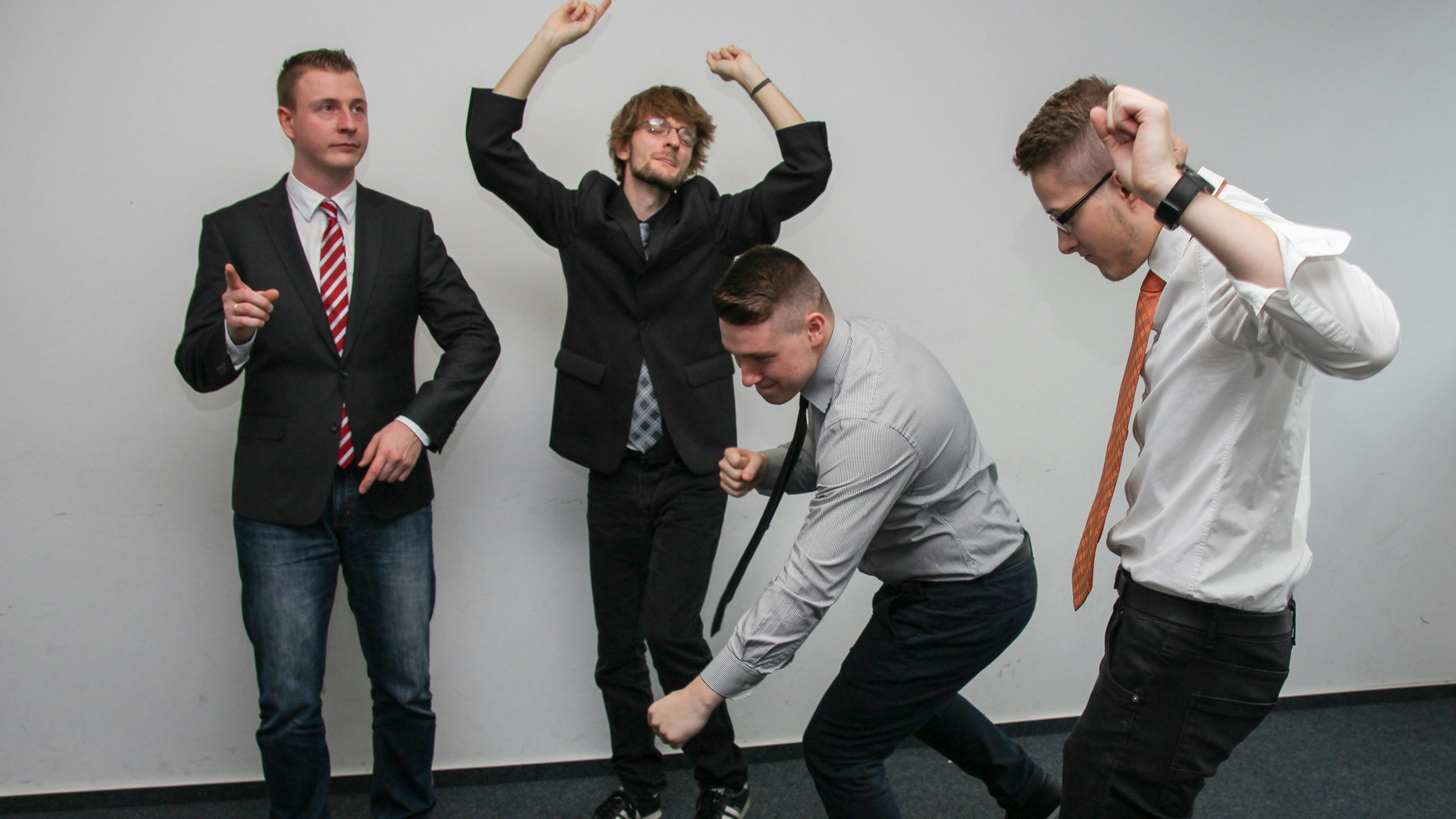In the fast-paced world of business, success often hinges not only on the products or services a company offers but also on how effectively its people work together. Organizational behavior (OB) is a multidisciplinary field that examines the behavior of individuals, groups, and structures within an organization and how they influence its performance. In this blog, we’ll explore the fundamental concepts of organizational behavior, its importance in today’s workplaces, and practical applications for enhancing organizational effectiveness.
Key Concepts of Organizational Behavior

- Individual Behavior:
- Personality: Every individual brings a unique set of personality traits, values, and attitudes to the workplace, which influence their behavior and interactions with others.
- Perception: How individuals interpret and make sense of their environment affects their decision-making and behavior within the organization.
- Motivation: Understanding what drives individuals to perform at their best is crucial for managers. Concepts like Maslow’s Hierarchy of Needs and Herzberg’s Two-Factor Theory shed light on employee motivation.
- Learning and Development: Continuous learning and skill development contribute to individual and organizational growth. Concepts such as reinforcement theory and social learning theory are relevant here.
- Group Behavior:
- Team Dynamics: Effective teams are essential for achieving organizational goals. Concepts like group cohesion, roles, and norms influence team performance.
- Leadership: Different leadership styles and approaches impact group dynamics and organizational culture. Transformational, transactional, and servant leadership are some examples.
- Conflict Resolution: Conflict is inevitable in any organization. Understanding its sources and effective conflict resolution strategies can promote positive outcomes and strengthen relationships.
- Organizational Structure and Culture:
- Organizational Structure: The formal framework that outlines roles, responsibilities, and reporting relationships within an organization. Structures can be hierarchical, matrix-based, or flat, each with its advantages and challenges.
- Organizational Culture: The shared values, beliefs, and norms that shape the behavior and attitudes of individuals within the organization. Culture influences employee engagement, decision-making, and organizational performance.
Importance of Organizational Behavior
- Improved Employee Performance: Understanding individual motivations and providing a conducive work environment can lead to higher employee engagement and productivity.
- Effective Leadership: Strong leadership rooted in an understanding of organizational behavior principles can inspire and motivate teams to achieve common goals.
- Enhanced Decision Making: Awareness of cognitive biases and perception can help leaders make more informed and rational decisions.
- Better Conflict Management: Organizations that foster an environment of open communication and respect can effectively address conflicts and promote collaboration.
- Adaptability and Innovation: Organizational behavior principles help organizations adapt to change and foster a culture of innovation and continuous improvement.
Applications of Organizational Behavior
- Employee Training and Development Programs: Investing in training programs that focus on leadership development, team building, and conflict resolution can enhance organizational effectiveness.
- Performance Management Systems: Implementing performance management systems that provide regular feedback, recognize achievements, and align individual goals with organizational objectives can improve employee performance.
- Diversity and Inclusion Initiatives: Promoting diversity and inclusion fosters a culture of respect, creativity, and innovation within the organization.
- Change Management: Understanding the psychological aspects of change and involving employees in the change process can increase acceptance and reduce resistance to change initiatives.
Organizational behavior plays a vital role in shaping the culture, performance, and success of an organization. By understanding the individual, group, and organizational dynamics at play, leaders can create a work environment that fosters collaboration, innovation, and employee engagement. Investing in organizational behavior initiatives not only benefits employees but also contributes to the long-term success and sustainability of the organization.






